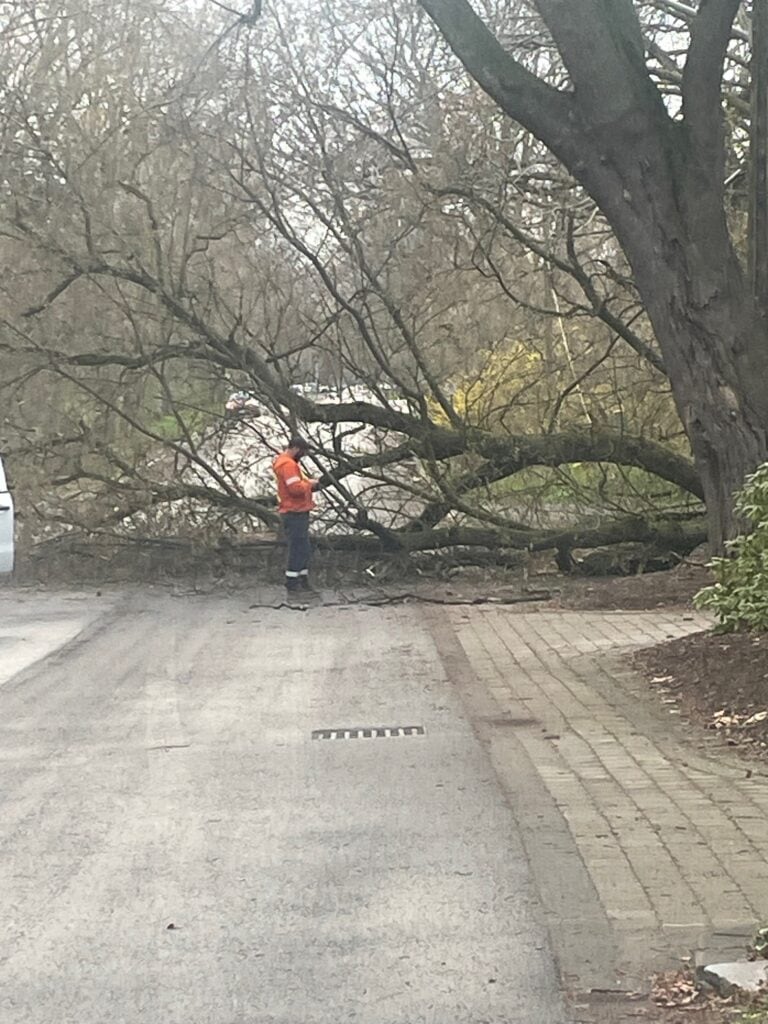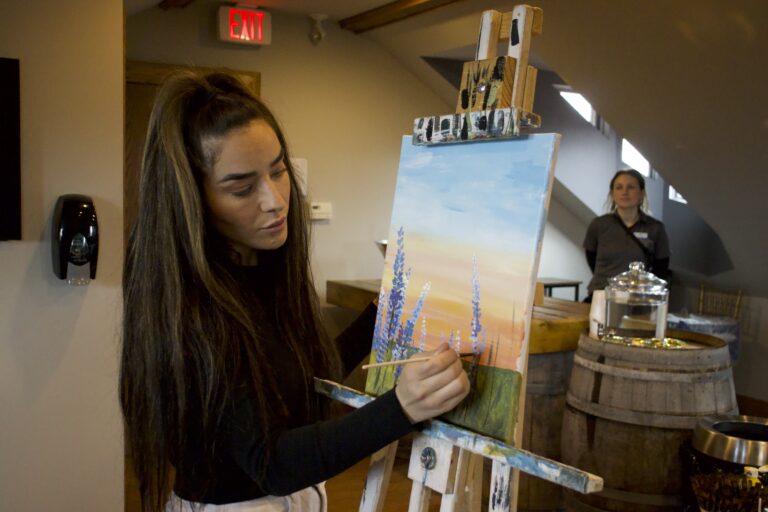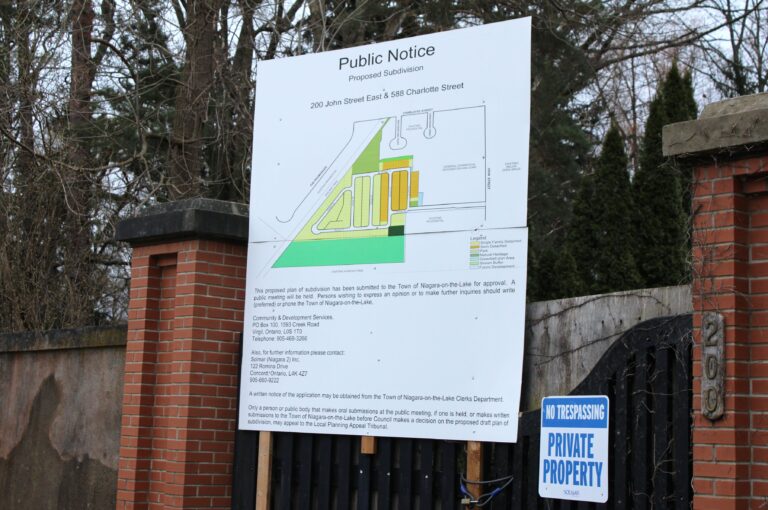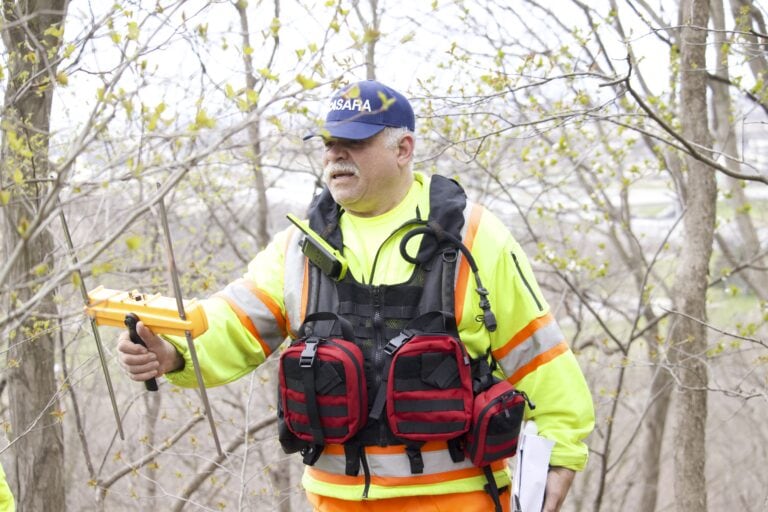Eliminating food sources in neighbourhoods is key to discouraging the foraging animals, chief administrator says
The Town of Niagara-on-the-Lake will hold an information session on coyote’s featuring experts from the Ministry of Natural Resources and Forestry, Coyote Watch Canada and the Lincoln County Humane Society.
The plan is to have the organizations explain in detail how they address coyote problems and talk about how they have been successful in other municipalities, chief administrator Marnie Cluckie told council's committee of the whole meeting Monday.
The forum will be held sometime next week but no specific date, location or format for the session was released.
As residents continue to deal with coyote encounters, Cluckie said the town has been working on several ways to aid the public.
Signs have been installed in parks warning of coyote activity and 800 letters containing educational information were mailed out to residences in areas where there have been coyote sightings, she said.
As well, more animal-proof lids have been installed at parks around town, Lord Mayor Betty Disero noted.
Cluckie said neighbouring municipalities such as Thorold have had similar issues and were able to reduce the problem by working with Coyote Watch Canada executive director Lesley Sampson.
“They all have great things to say about her,” Disero added.
The mayor asked Cluckie to continue to try to find a way to trap and relocate the coyotes, but Cluckie doubled down on the advice provided by wildlife experts that reducing food sources in neighbourhoods is the best defence against the hungry canids.
She also said the town had found people who have been purposefully feeding the coyotes.
“I know that many in the community don't believe this is effective, but removing the source of food and preventing folks from feeding them, inadvertently or deliberately — and we did find some people deliberately feeding the coyotes— that is the best way to prevent them,” she said.
The town is working with Coyote Watch Canada to implement aversion training, which means teaching the wild coyotes that they will not find an easy meal in the residential neighbourhoods they have grown accustomed to, Cluckie said.
Disero said she had read about the same problem occurring in Stanley Park in Vancouver and noted after food sources were eliminated in the park coyote attacks dropped to zero from 40.
“I know that that sounds silly, but we've seen successes in many municipalities who've had this issue before us. That is the best way to prevent them from recurring,” Cluckie said.
She noted once again that laws around animal relocation prohibit the removal of an animal farther than one kilometre away, which amounts to a delightful walk home for a foraging coyote.
Coun. Erwin Wiens expressed concern that people are wrongly calling the town for all their coyote-related issues and asked Cluckie who a resident should call if they are dealing with an aggressive coyote.
She said 911 is the best number to call, as the police are equipped to handle aggressive wild animals while town staff are not.
The Lincoln County Humane Society, which is under contract to the town for animal control, should be called, she said. Its number is 905-688-7722.
The town has a coyote sighting form on its website. Disero asked Cluckie what exactly happens when someone fills out the town’s online form.
The form is used so the municipality can create a map of where all the coyote sightings are taking place and is not intended as an emergency response.
The town compiles all the sightings reported and submits the information to Coyote Watch Canada and the humane society so the organizations can search those locales to try to find the coyote den.
Cluckie said staff from the humane society have been patrolling the neighbourhoods, such as Garrison Village, where sightings are reported.
But the den has yet to be found, she said.
The coyote sighting form is online at notl.com/coyote-sighting-form.



.jpg)







